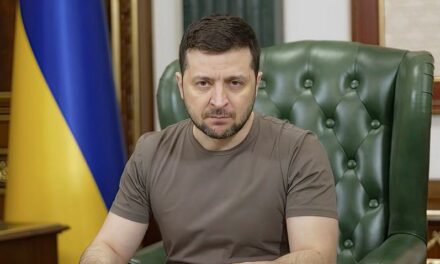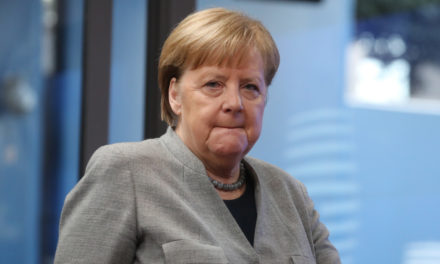The de-risking strategy announced by the President of the European Commission, Ursula von der Leyen, actually aims at the separation of the European and Chinese economies, which points towards a bloc, Balázs Hidvéghi stated. Interview.
According to the Fidesz member of the European Parliament, it is in the fundamental interest of the European Union – also from the point of view of the green transition – to pursue economic cooperation with China based on mutual respect.
The Belt and Road Conference was held in China for the third time in October. Viktor Orbán, who also met Vladimir Putin at the Beijing event, was invited to the summit. The Hungarian Prime Minister's handshake and exchange of ideas with the Russian President, along with his appearance at the event, blew the fuse in Brussels. How can the indignation of the EU mainstream be explained?
From the beginning, there has been a significant difference between the Hungarian and the EU position regarding the strategy used in relation to the Russian-Ukrainian war. The Hungarian position, we can say, is based on realism. He took into account the balance of power, and based on this, he assumes that Ukraine cannot win this war at the front. It follows from this that the focus must be on the ceasefire and peace negotiations are needed as soon as possible.
Anything else will only lead to protracted conflict and further loss of life. At the same time, the EU's position uses a moral approach from the beginning, following the phrase "as long as it takes", which has the problem of not representing a real, well-thought-out strategy. The Union has never defined exactly what its goal is on the battlefield, in what time frame it wants to achieve it, but at the same time it has made it clear that this is the only acceptable attitude from a moral point of view. Part of this is also the exclusion of, for example, the possibility of negotiations and meetings with Putin. By turning the issue of war into a moral issue, the Union falls into its own trap. By cutting off the possibility of negotiation and contact, you are not helping to end this war as soon as possible. At the same time, the Hungarian Prime Minister keeps the Hungarian national interest in mind, starts from reality and facts, and from this follows the attitude that relations must be maintained and negotiated.
While it is undeniable, the Eastern world has become stronger. China has taken over from the European Union the second place in terms of contribution to world economic performance. What would be the right step, what should Europe do in this situation? What do you think are the answers to this dilemma in the European Parliament?
Today we see that the EU leadership is unable to identify and follow independent European interests. Behind this is an all-determining dilemma. Europe is not united in how it should behave on the world political scene: as an independent power player or as a subordinate of America. This is also the reason for the uncertainty of the EU policy regarding China. Europe cannot decide whether to view China as a partner or as an opponent, or even as an enemy. The latter is reinforced by the increasingly dominant perception, mainly fueled by America, that the world can be divided according to the "good guys", where the Western democracies are classified, and where there are the "bad guys", and here are the ones with an organization different from the Western models , eastern systems such as China.
According to them, it is not possible, it is not right, to cooperate with the "bad guys".
The Hungarian position, on the other hand, thinks in a different coordinate system: we start from our own national interests, geographical and economic conditions. This is a completely different concept.
Today we see that, in contrast to our strategy, Europe has shifted in the direction of ideologised, moralizing politics. The leadership of the European Union is unable to create a balance between interest-based and value-based politics, which further strengthens European subordination. In my opinion, this kind of EU attitude is bad for Europe and leads to Europe constantly losing its competitiveness. Just as Hungary has Hungarian interests in mind, the European Union should also be able to articulate what the interests of Europe as an independent power actor are, and then act accordingly on the global economic and political scene.
The full interview can be read on Eurasia!
Featured image: Róbert Hegedüs/Eurassia












